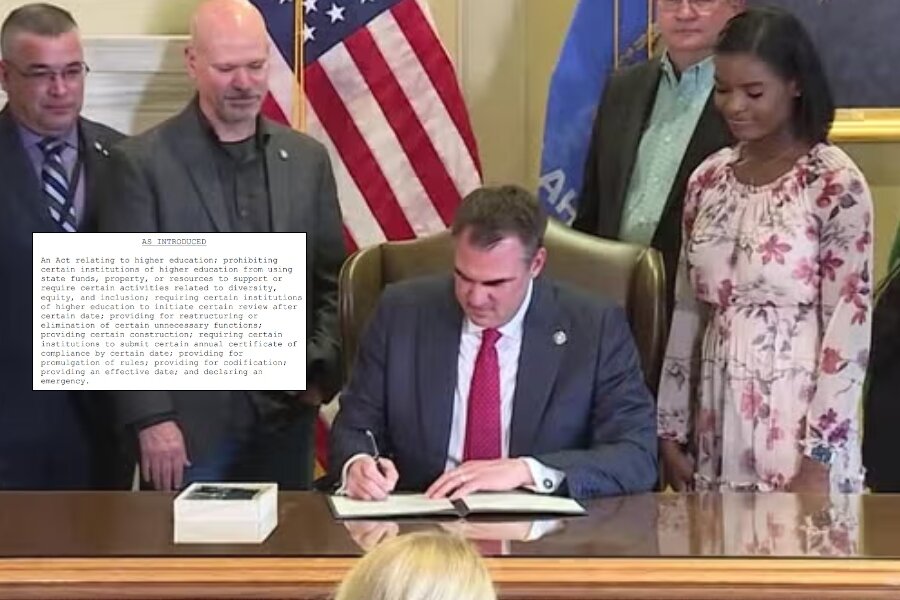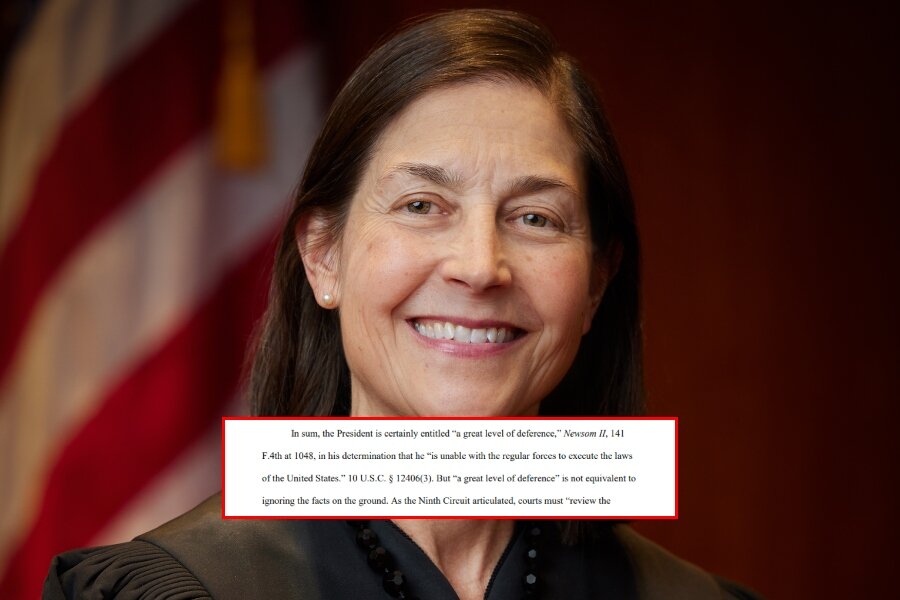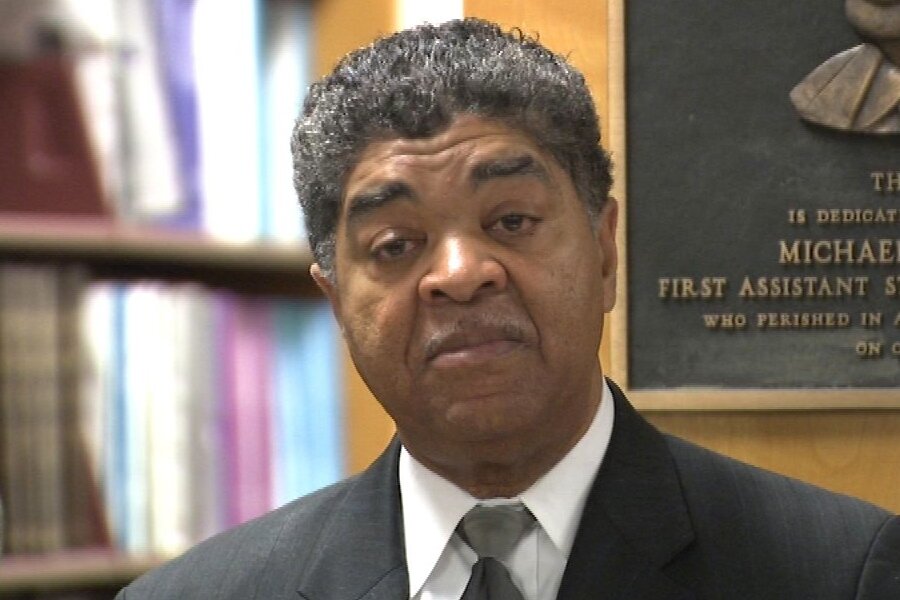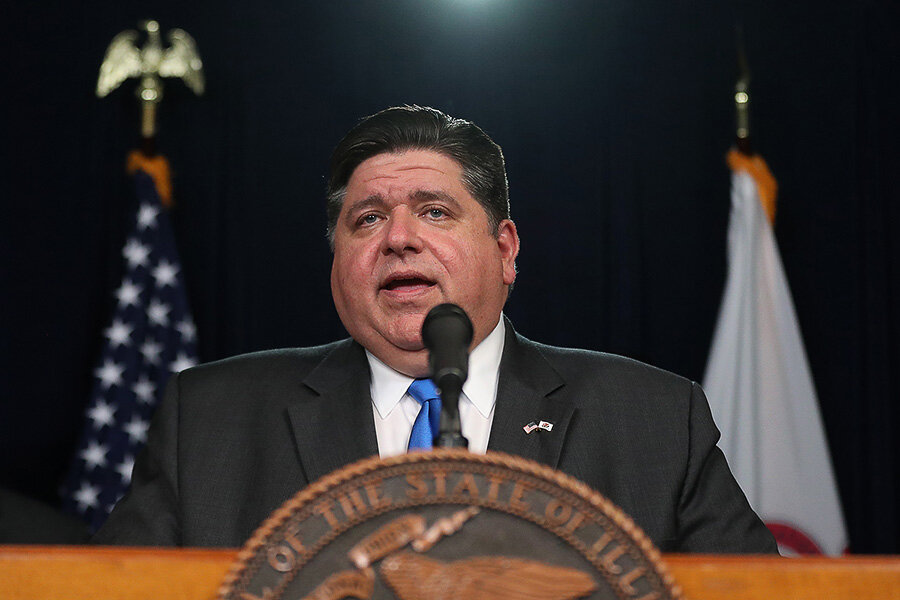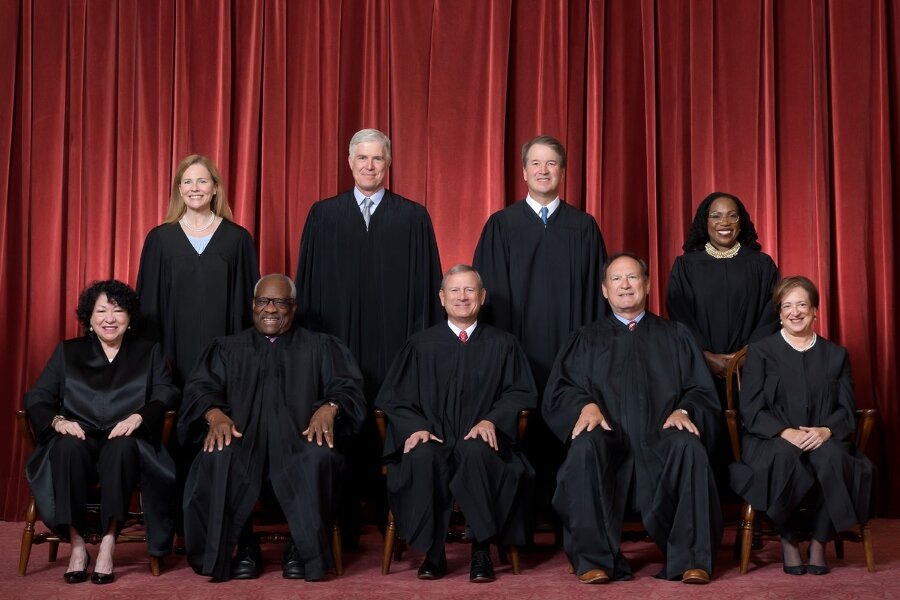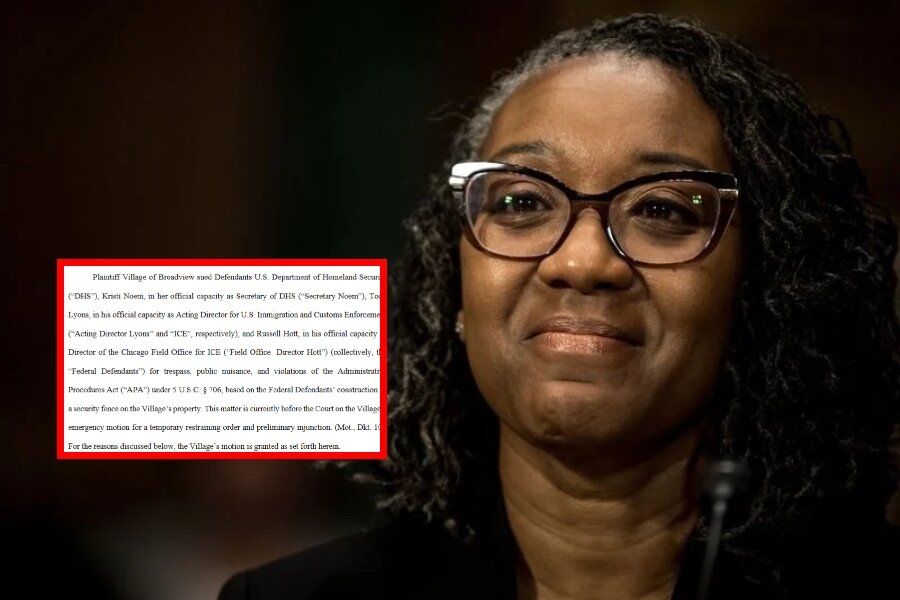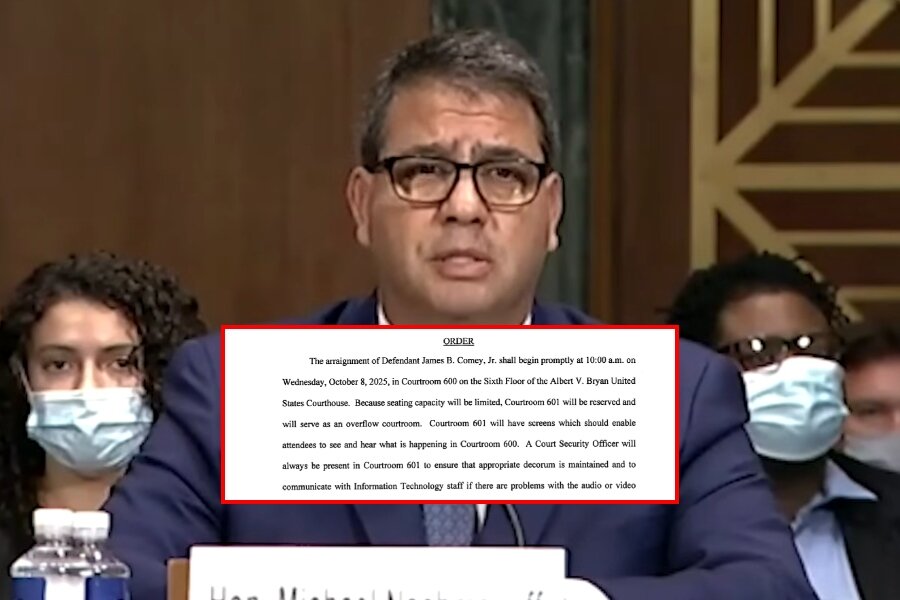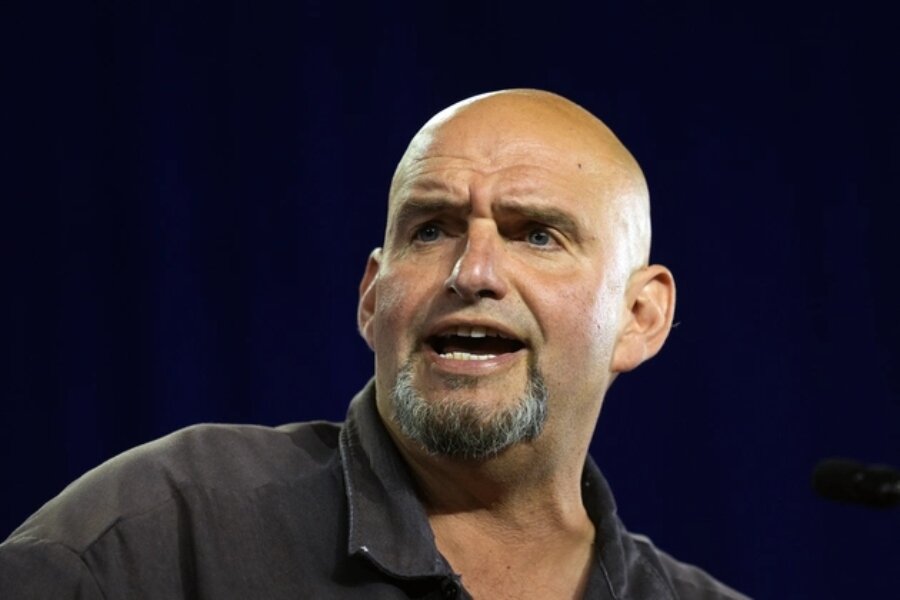Oklahoma Gov. Kevin Stitt (R) signed a bill on Tuesday ending funding for diversity, equity, and inclusion (DEI) in higher education.
While Stitt signed SB 796 in May, he ceremonially signed the bill while joined by U.S. Secretary of Education Linda McMahon. McMahon joined Stitt for a visit and literacy roundtable at a public charter school called Dove Science Academy as part of her “Returning Education to the States” 50-State Tour.
“Oklahoma is proving the value of returning education to the states, with schools that emphasize literacy and equip students with what they need to succeed in the workforce,” McMahon said in a statement.
“That same commitment to students is reflected in the state’s new law ending DEI mandates – ensuring education is grounded in merit, not radical ideology. It was encouraging to be in the Sooner State to support this important step toward state-driven education reform,” she added.
SB 796 codifies into law Stitt’s prior executive order barring institutions within the Oklahoma State System of Higher Education from using state funds to support DEI in any capacity or mandating trainings or education that preferences based on race, color, sex, ethnicity, or national origin. The law additionally prohibits loyalty oaths, ideological statements, and DEI declarations in hiring, as well as the disclosure of personal pronouns.
Rep. Toni Hasenbeck (R), who is chair of the House Postsecondary Education Committee celebrated the ceremonial signing of the bill.
“Oklahoma’s universities should be centers of academic excellence that prepare students for careers and civic life, not places where taxpayer dollars fund ideological programs,” Hasenback said in a statement. “Higher education must remain focused on merit, scholarship and workforce development. Senate Bill 796 protects academic freedom while keeping our institutions aligned with their core mission.”
Rep. Denise Crosswhite Hader (R), who participated in the ceremonial signing, also praised the bill.
“Taken on their own, the words diversity, equity and inclusion sound wonderful, but as a philosophy these programs are embedded with an artificial preference system that detracts from the core mission of our higher education institutions,” Crosswhite Hader said. “Our students should be focused on academics and workforce training and not delayed by an additional requirement for graduation.”
“We are not saying these concepts can’t be taught, just that the use of taxpayer dollars is inappropriate. I’m grateful to [the bill’s author, Sen. Adam Pugh (R)] for his work on this issue and to the governor for signing it into law. I’m also glad that Secretary McMahon was able to join us today for this ceremony,” she added.
Share your thoughts by scrolling down to leave a comment.

